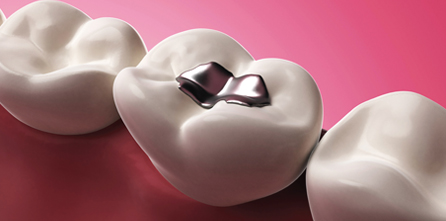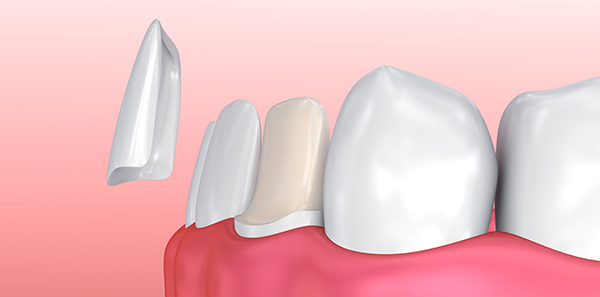
Gingivitis is an inflammation of the gums. It is directly caused by the bacterial plaque: a soft, sticky and colourless bacterial film constantly being formed on our teeth and gums.
Classic signs and symptoms of gingivitis are red, swollen and sensitive gums which may bleed when brushed. Another sign of the disease is that gums may have receded from the teeth and, consequently, the teeth appear to be elongated. Another symptom is bad breath or halitosis.
Simple gingivitis may be prevented through good oral hygiene:
- Correct brushing and appropriate use of dental floss to eliminate plaque, bits of food and control tartar build-up.
- Toothpaste containing pyrophosphate may be used by persons with excessive tartar.
- Schedule regular check-ups with the dentist. Once tartar is formed, only a professional can remove it (prophylaxis). Depending on how fast the tartar accumulates, a professional cleaning may be required every three months or annually.
- Proper eating habits assure an adequate nutrition for the jaw and teeth.
- Avoid cigarettes and other types of tobacco.
- The processes of some illnesses which may cause or worsen gingivitis should be treated or controlled.
ASSSA Medical Services
The information published in this media neither substitutes nor complements in any way the direct supervision of a doctor, his diagnosis or the treatment that he may prescribe. It should also not be used for self-diagnosis.
The exclusive responsibility for the use of this service lies with the reader.
ASSSA advises you to always consult your doctor about any issue concerning your health.












